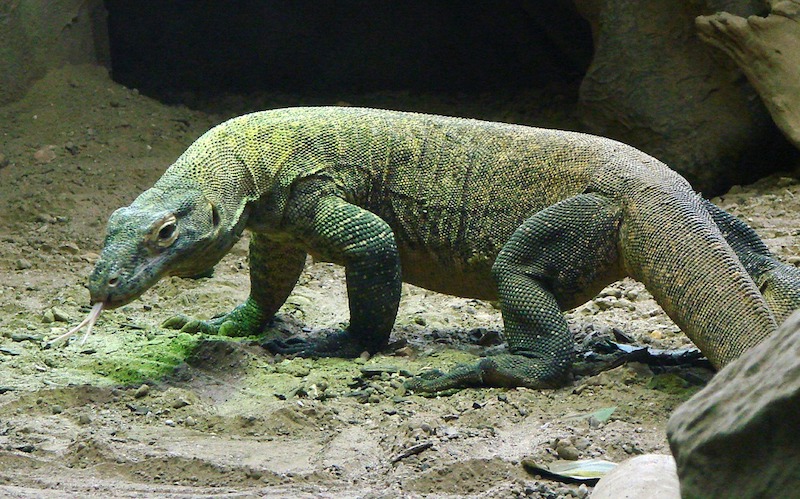Following news about the Singaporean man whose leg got chomped on by a Komodo dragon, online chatter has been rife with claims that he died from the venomous bite, or had his leg cut off to save his life.
Don’t worry though — 67-year-old Loh Lee Aik is reportedly in stable condition in hospital.
Sudiyono, the head of the Komodo National Park — islands in central Indonesia that form a protected habitat for the lizards — said it was the first attack by one of the creatures on a foreign tourist since 1974, when a visitor from abroad was killed.
Loh had been staying at a village on Komodo island before setting off in search of the lizards Wednesday. But he failed to take a park ranger with him, something all visitors to the islands are advised to do.
“He was probably very excited taking pictures of the Komodo, he didn’t realise another Komodo was approaching him and then he was bitten,” local police spokesman Jules Abraham Abast told AFP.
“Luckily it was a small Komodo that bit him.”
Sudiyono also mentioned that Loh had ignored the warnings by local residents, who told him not to take pictures too close to the reptiles.
Loh escaped being turned into Komodo brunch when locals pulled the man away and chased off the Komodo.
He was given first aid at the site before being taken by boat to nearby Flores island, where he was admitted to hospital. Abast and the hospital said he was in a stable condition.
The attack happened during the Komodo mating season, which runs from May to August and is a time when the lizards are more aggressive.
Abast said Loh had failed to report his visit to authorities and urged visitors to do so in future to avoid such incidents.
Thirty people have been bitten by Komodo dragons since 1974, with five of the victims dying, according to Komodo National Park authorities.
Recent research has found that the dragons’ jaws have highly sophisticated venom glands that can cause paralysis, spasms and shock through haemorrhaging.
The lizards are native to several Indonesian islands, and are considered a vulnerable species, with only a few thousand left in the world.
Additional reporting by Coconuts Singapore




